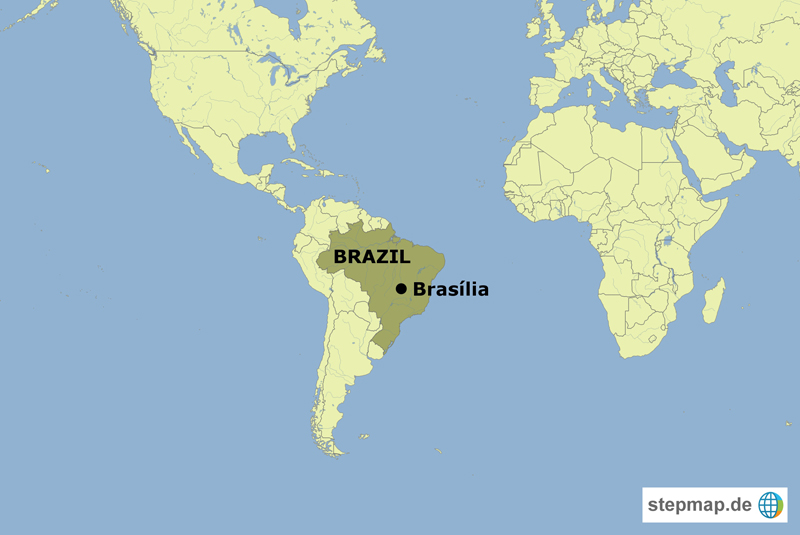India
India’s sensible, but insufficient crop insurance
As readers of D+C/E+Z will know, I am quite uncomfortable with the Hindu-chauvinist attitudes of Narendra Modi, India’s prime minister. That does not mean, however, that I disagree with everything he does. The new subsidised crop insurance scheme, the details of which his cabinet has just announced, is a worthy, though less-than-perfect initiative. The snag is that it does too little for the poor.
The background is that India has seen rather little rain in the past two years, and many farmers are desperate. The government is willing to subsidise the crop insurance scheme, so farmers will have to pay only about 1.5 to two percent of their expected harvest’s worth to protect themselves from the financial impacts of crop failure due to unusual weather.
The government estimates that the new scheme will apply to about half of India’s farm land. So far, only about a quarter of the cultivated area is insurance-protected. The government’s approach is sensible because it will protect many farm families from dropping into poverty because of failed harvests. This kind of insurance system is an important tool to help communities adapt to climate change. We plan to publish more articles concerning this matter on our website in the future.
Modi is under pressure. His party, the BJP, has performed poorly in recent state elections. More state elections are coming up, and the BJP obviously hopes to get farmers’ votes. In a democracy, such considerations are perfectly legitimate. An elected government is meant to do what is good for its constituents. In this case, it has even decided not to define an upper limit to subsidies.
The sad truth, however, is that Modi is catering merely to the better-off farmers. Most of India’s smallholders and sharecroppers will hardly be willing to invest even 1,5 % of their expected crop revenue in insurance policies, and subsistence farmers’ work is not geared to market profits. Many smallholders, sharecroppers and subsistence farmers in India live hand to mouth. An insurance scheme that covers 50 % of fields does nothing for them, nor for those who work as daily labourers on other people's farms.














